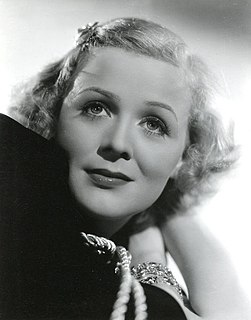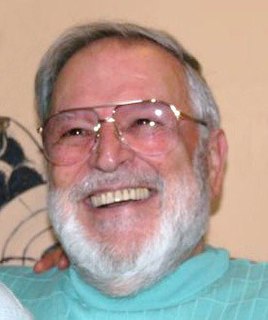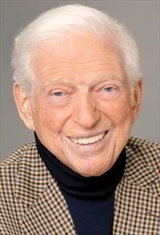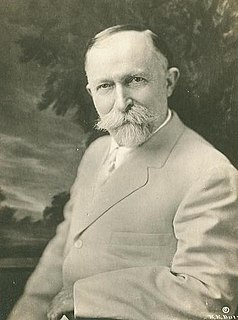A Quote by Bob Woodward
It would be absurd for me or any other editor to review the authenticity or accuracy of stories that are nominated for prizes.
Related Quotes
I was once referred to in a Kirkus review as a "northern Michigan version of Andre Dubus." My editor called me after the review came out and asked if I was okay with that. What part? I wondered. Finding myself in the same sentence with Andre Dubus? What could be better than that? Or perhaps - and more likely, my editor meant being pigeonholed as a writer of this remote region "mostly ignored by the rest of the world," as Jim Harrison says.
I am 100 percent confident. This is a security review that was requested. It is being carried out. It will be resolved. But I have to add if there's going to be a security review about me, there's going to have to be security reviews about a lot of other people, including Republican office holders, because we've got this absurd situation of retroactive classifications.
All the other editors at DC never gave me a moment's time. They would take the thing and give me a check and say, 'I'll see you in two weeks.' They never gave any kind of encouragement or information. They were very competitive with each other. They didn't want to teach an artist and then lose him to some other editor.
My being Indian is possibly the biggest thing that influences my stories. Not just in terms of settings - most of the settings in my stories are Indian - but also in terms of characters and plot. I think growing up in India grew my imagination in certain ways that would not have happened in any other place. I'm also fascinated by the idea of India, and writing stories allows me to explore this. As for thematic elements, they are probably pretty obvious in my stories. I also hope that my stories bust stereotypes at least to a modest extent.
The idea of an isolated American painting , so popular in this country during the thirties, seems absurd to me, just as the idea of a purely American mathematics or physics would seem absurd... And in another sense, the problem doesn't exist at all; or, if it did, would solve itself: An American is an American and his painting would naturally be qualified by the fact, whether he wills or not. But the basic problems of contemporary painting are independent of any one country.

































